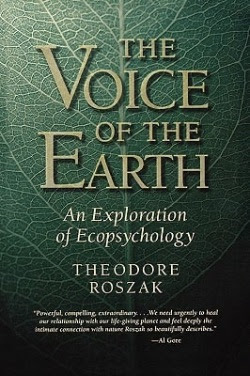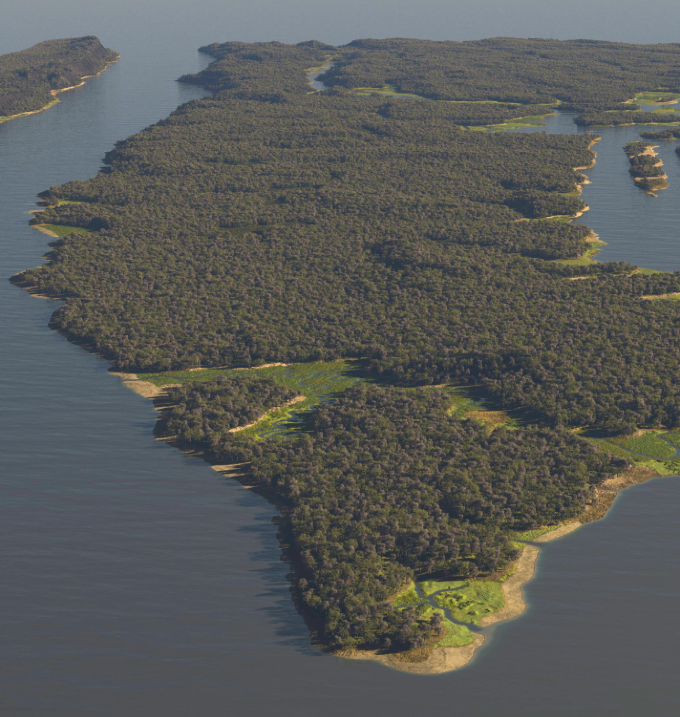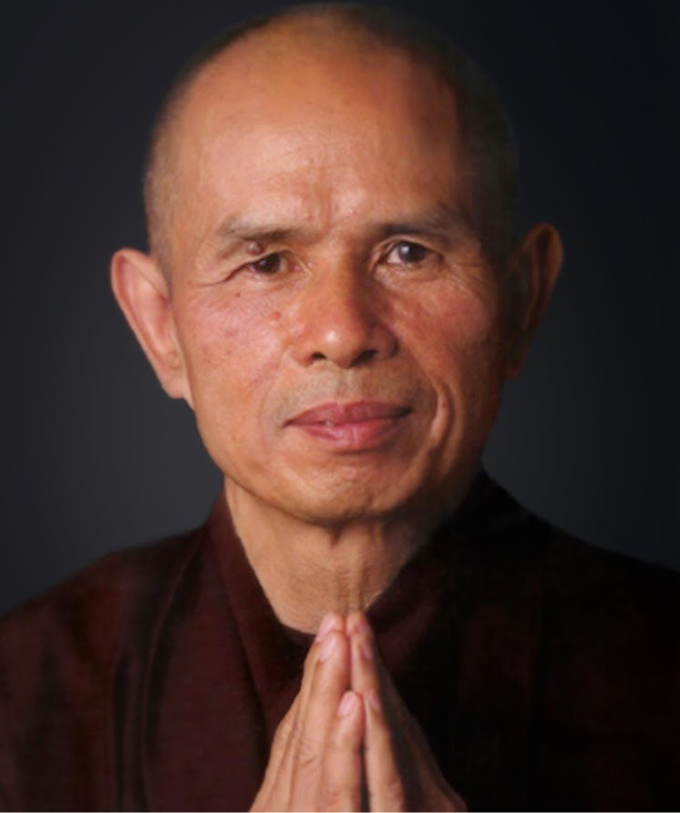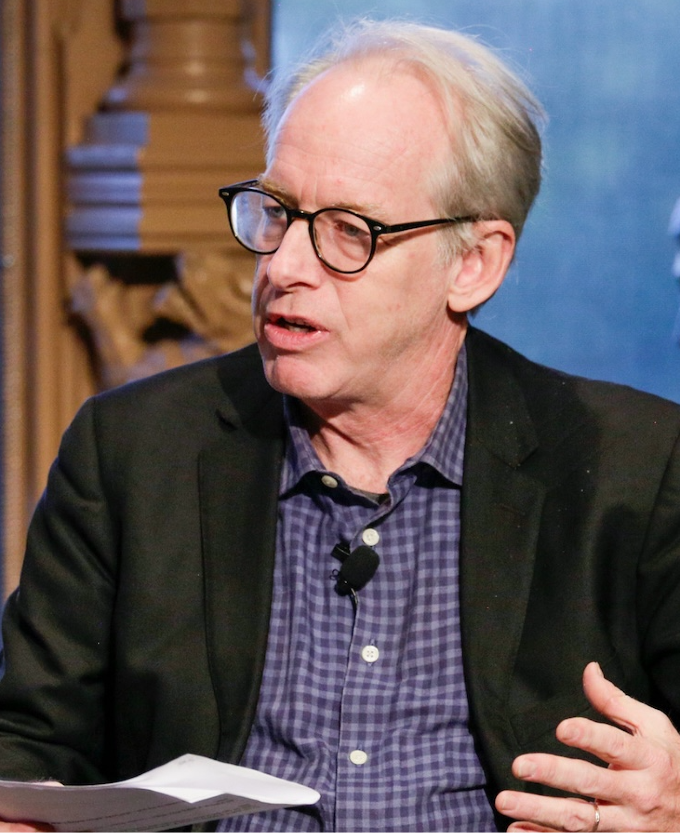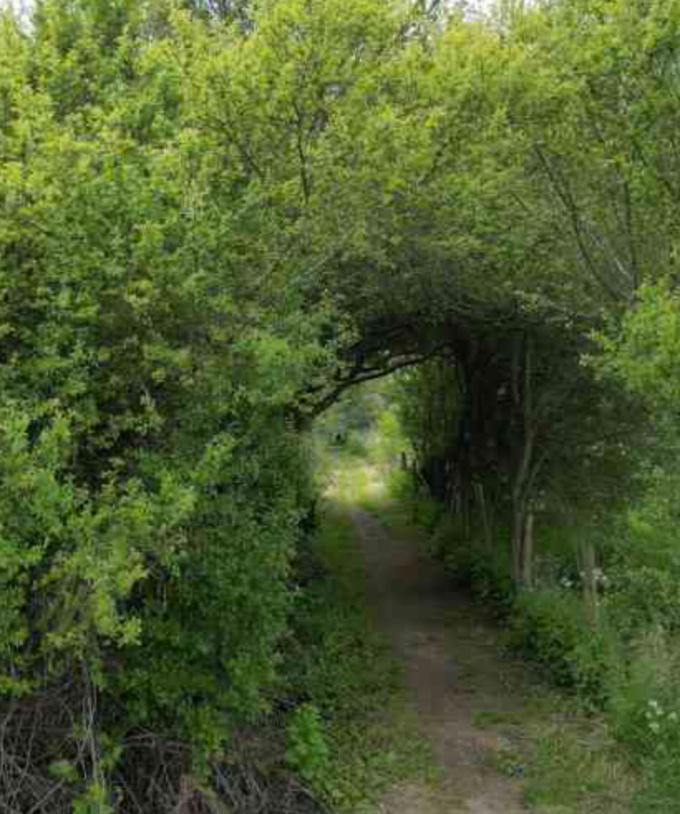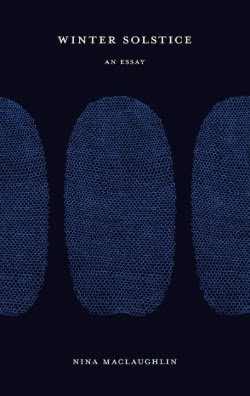
Wresting at what is most primal and uncertain in us
Nina MacLaughlin is a writer, carpenter, and literary journalist whose writing braids memoir, myth, folklore, and close observation. I appreciate her ability to move associatively between personal memory, ancient stories, and contemporary unease.
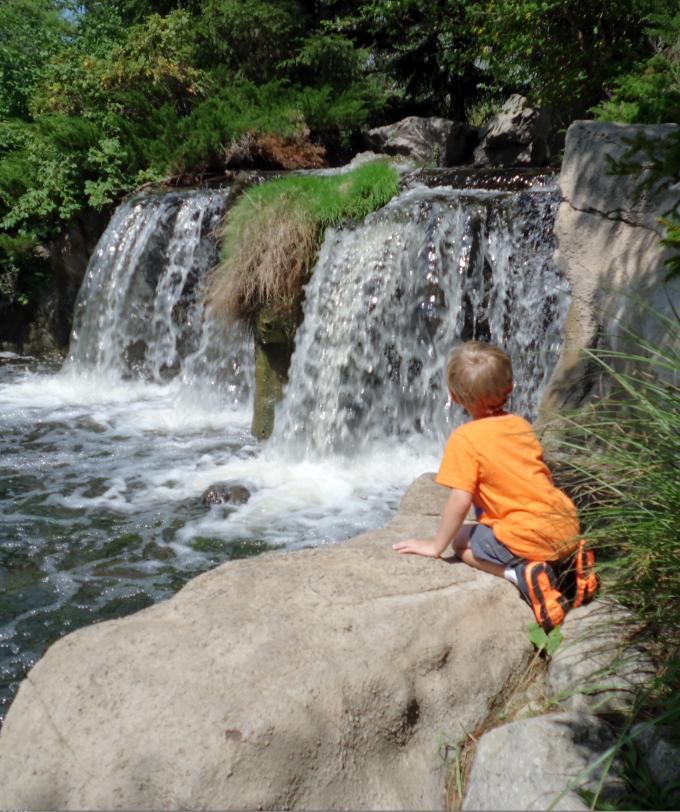
Political divides are bridged by appreciation for nature.
As the federal government cuts back environmental protections, reduces climate monitoring, opens more public land to logging and mining, and weakens endangered species safeguards, a new 2025 report from the World Wildlife Fund (WWF) shows that 3 out of 4 people in the U.S. see nature as essential to their wellbeing.

The Power of Trees for Public Health
The Green Heart Project in Louisville, Kentucky, is a pioneering study that links urban greening to human health. Launched in 2018, it’s a controlled, community-based trial in a racially diverse, working- to middle-class area of south Louisville with about 30,000 residents.

What if ecosystems could show us how to metabolize fear, restore balance, and regenerate after trauma?
Mor Keshet is a New York-based Integrative Eco Art Therapist who has worked internationally with refugee children, survivors of human trafficking, and families in crisis.

"We are our world knowing itself. We can relinquish our separateness. We can come home again."
Joanna Macy often described today’s greed, violence, and ecological destruction as products of an “industrial-growth society” fueled by delusion, greed, and the illusion that we are separate from each other and the Earth.
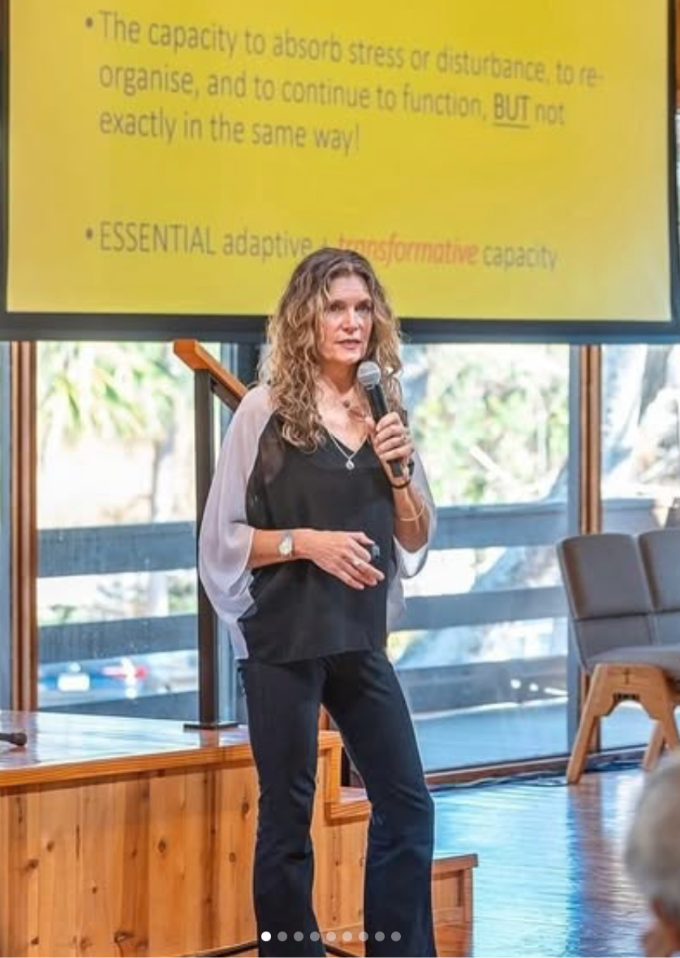
We need a new way of thinking to build resilient, sustainable communities in a rapidly changing world.
Chris Reed is an urban ecologist and designer. Nina-Marie Lister is a planner and ecologist. Together, they argue that ecological thinking not only can—but must—shape design practices for a sustainable future.
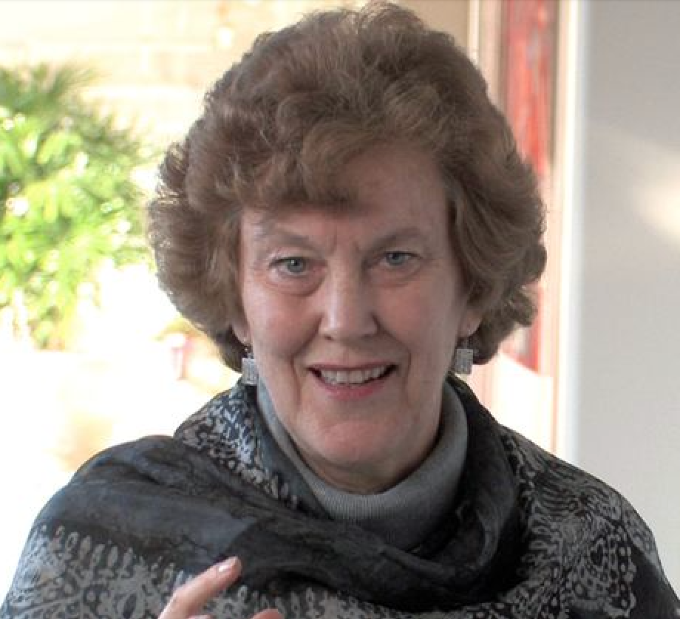
"Reality is basically about change."
Mary Evelyn Tucker sees a clear path toward healing the planet, our relationship with nature, and with each other. She suggests that spiritual ecology—the field that explores how spirituality and the environment are interwoven—is the way finder.For this article, she brought together three other scholars to explore this promise. She begins by zooming out.
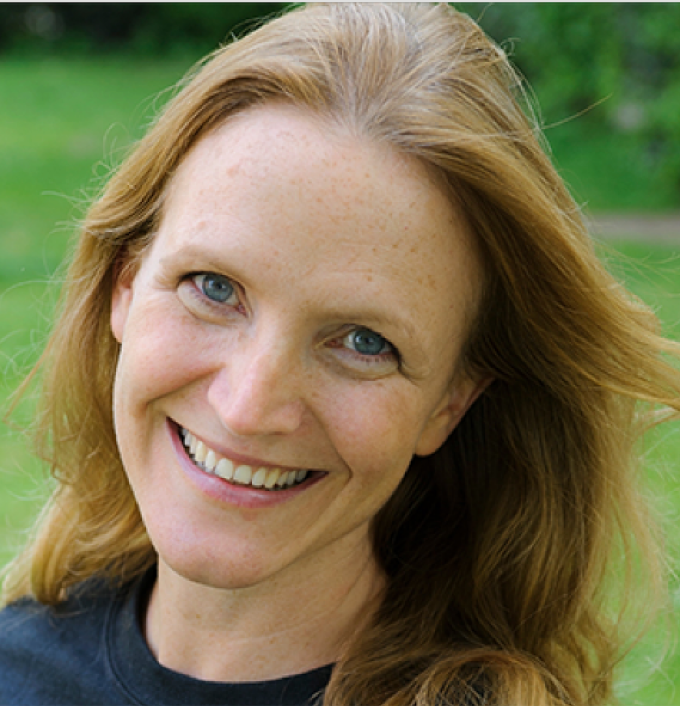
'Nature literacy helps us reconnect and make the right decisions.'
Many people today lack basic knowledge and vocabulary about the natural world—a phenomenon known as “nature illiteracy.” Seirian Sumner argues that this disconnect is widening as we spend more time with technology and less time outdoors.
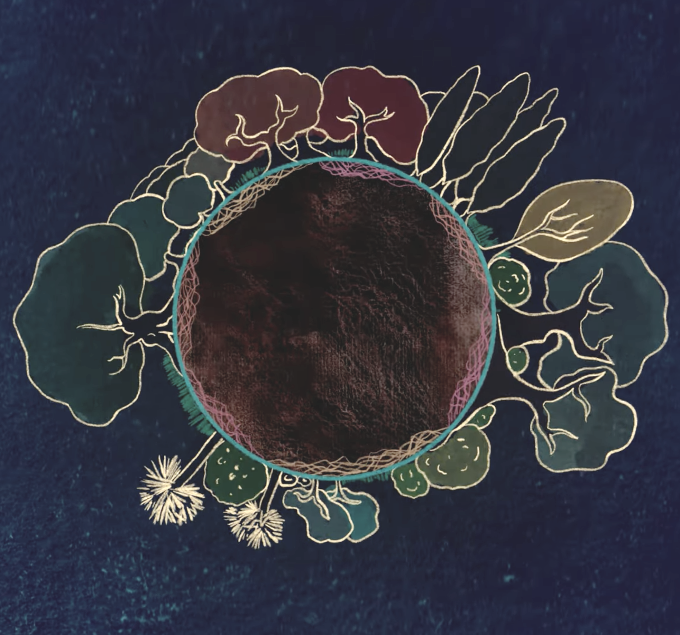
We can find the deep biological connections between humans and the natural world right beneath our feet.
Remember nature? While bully boys bloviate and grab power, it's helpful to remember that humans are just one strand in the intricate web of life—and no strand thrives unless the entire web does.
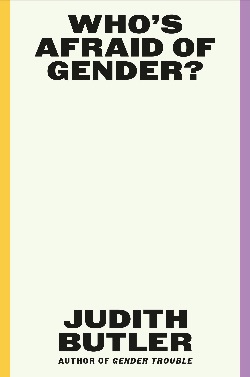
Gender fluidity is not a contemporary invention, but a long-standing social technology for navigating complex human environments.
Throughout human history, diverse gender expressions have emerged as consistent, adaptive social strategies that represent a complex intersection of biological plasticity and cultural innovation.


